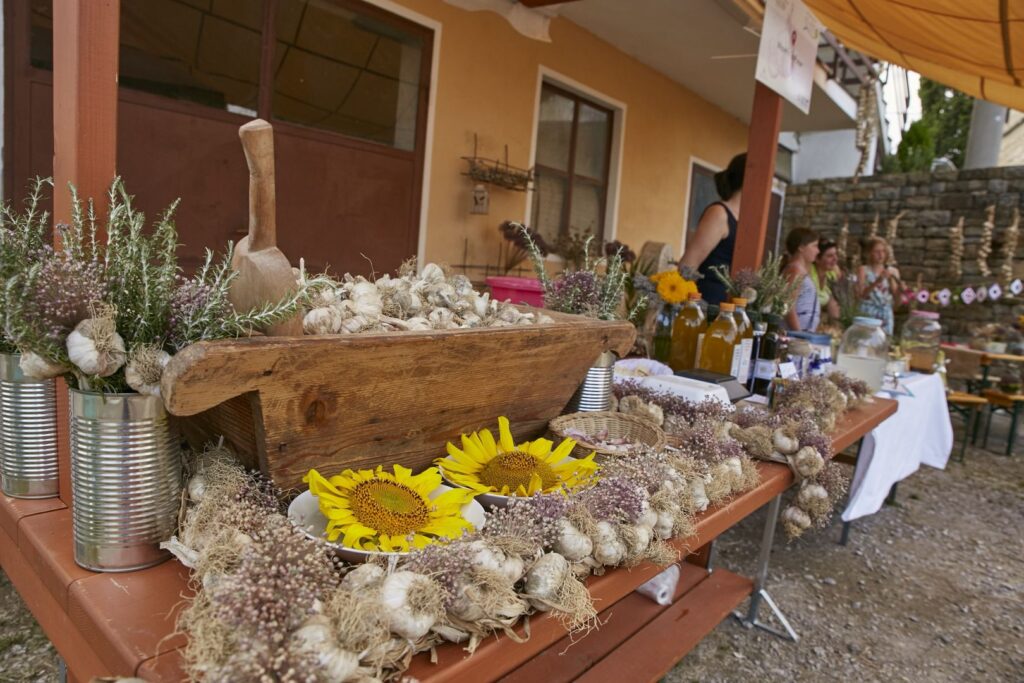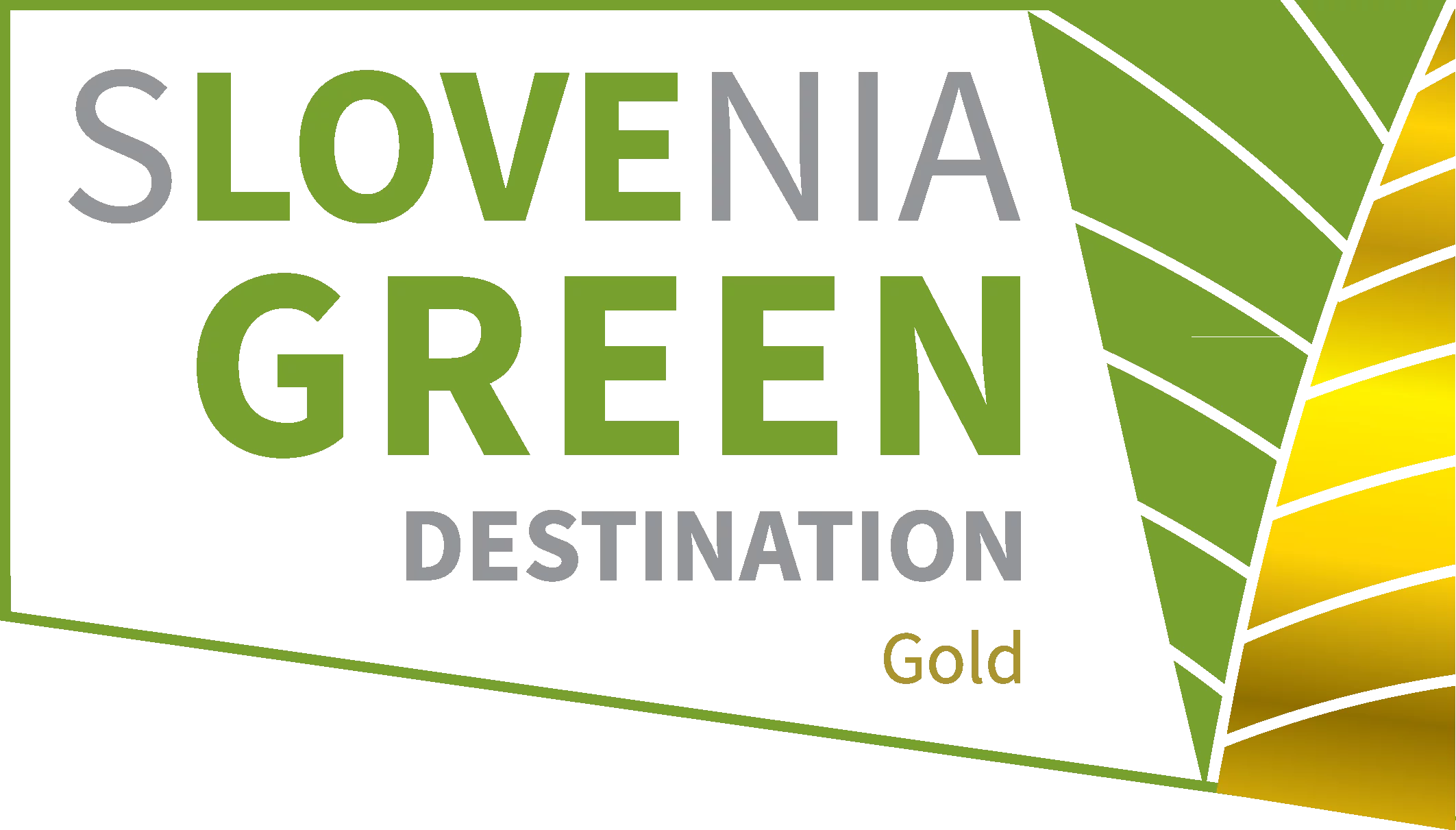Cilj projekta Riviera4Seasons2, ki ga delno
financira Evropska unija iz sredstev
Evropskega sklada za regionalni razvoj v okviru programa čezmejnega
sodelovanja INTERREG Slovenija – Hrvaška 2014-2020, je vključevanje naravne
in kulturne dediščine ter dogodkov na podeželju v na novo oblikovane
itinerarije. S čezmejnim sodelovanjem projekt spodbuja razvoj trajnostnega in
zelenega turizma, prav dediščina in tradicija zaledja pa služita kot navdih za
oblikovanje turističnega produkta Feel&Taste, ki povezuje lokalne ponudnike
in v ospredje postavlja doživetja na rivierah in v zaledju Opatije ter
Portoroža in Pirana.
Sredstva v okviru
projekta Riviera4Seasons2
so sicer namenjena dodatni promociji z jumbo
plakati, radijskimi oglasi in tiskanimi zloženkami. V kratkem bo zaživel tudi spletni
portal v petih jezikovnih različicah, www.feel-taste.info, za promocijo
vsebin in itinerarijev, ki združujejo
kulturno dediščino, gastronomijo, domačo obrt, kolesarske in pešpoti ter ostale
značilnosti zaledja Opatije, Pirana in Portoroža. S sredstvi bodo sofinancirani
tudi Praznik
kakijev, niz decembrskih dogodkov Vse sladkosti življenja in Praznik olja in
bledeža.
V okviru projekta Riviera4Seasons2, ki ga delno financira Evropska unija iz sredstev Evropskega sklada za regionalni
razvoj v okviru programa čezmejnega sodelovanja INTERREG Slovenija –
Hrvaška 2014-2020, je bila v juliju že sofinancirana prireditev Praznik vina in česna v Novi vasi nad
Dragonjo, ki je obiskovalcem približala kulturno dediščino kraja in stare istrske
običaje. Domačini so odprli svoja slikovita dvorišča in na več kot 15 stojnicah
ponudili istrske dobrote. Poleg tega so se mnogi obiskovalci – bilo jih je več
kot 2500 – preizkusili v
kuharski delavnici, izdelavi lesenih predmetov, nunalc,
istrskih košar iz šib in mletju koruze na stroju paštrin, spoznali pa so tudi znamenitosti
Nove vasi. Da bi pristno istrsko vzdušje v piranskem zaledju doživelo čim več
turistov, obiskovalcev in tudi lokalnih prebivalcev, je Turistično združenje
Portorož je v okviru prireditve organiziralo brezplačen avtobusni prevoz med
Piranom in Novo vasjo.
V projekt so vključeni Občina Piran, Mestna občina
Opatija, Turistični združenji Portorož in Opatija, Fakulteta za turistične
študije Univerze na Primorskem in Fakulteta za management v turizmu in
gostinstvu Univerze v Reki. Skupna vrednost projekta znaša 840.187,80 evrov.

